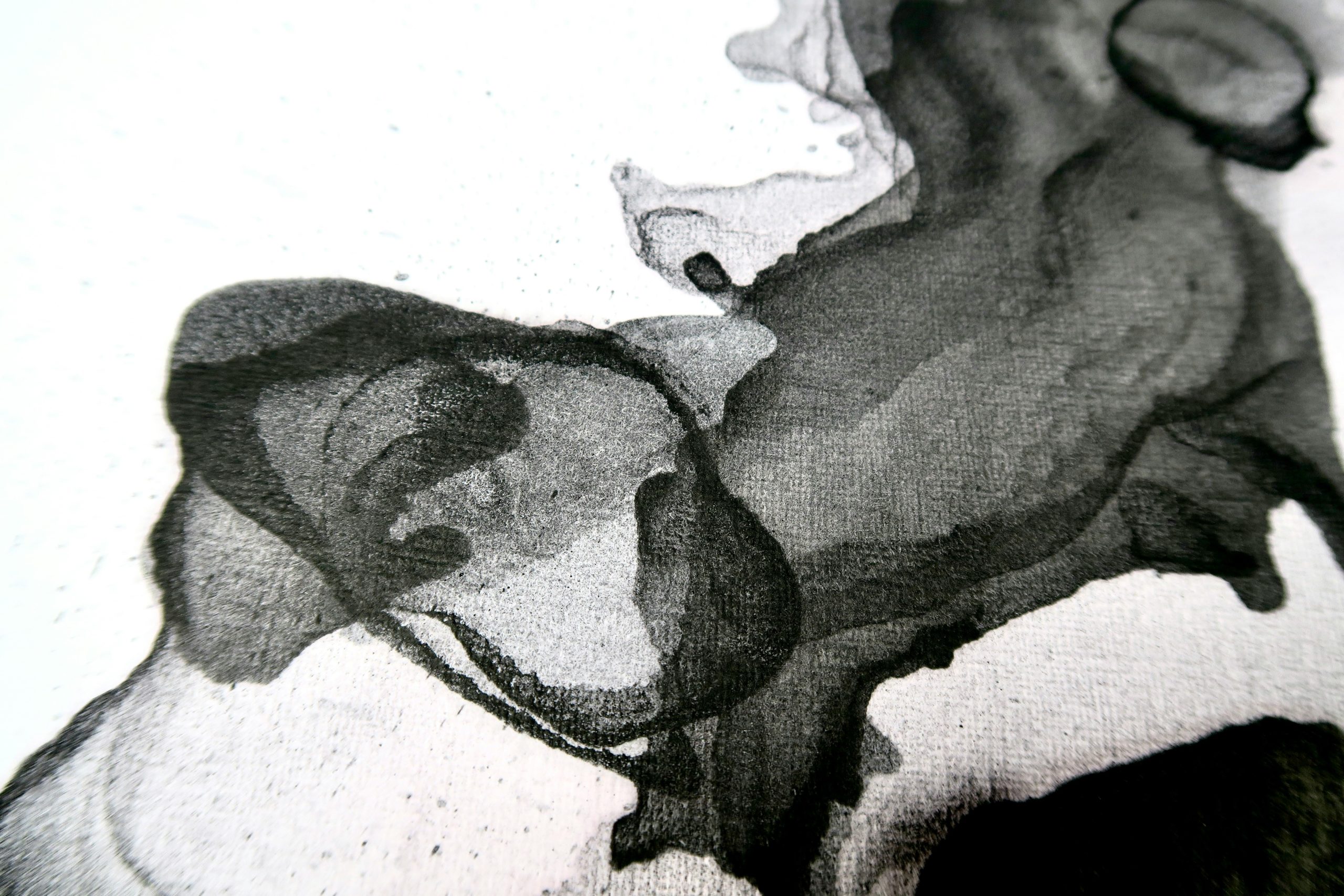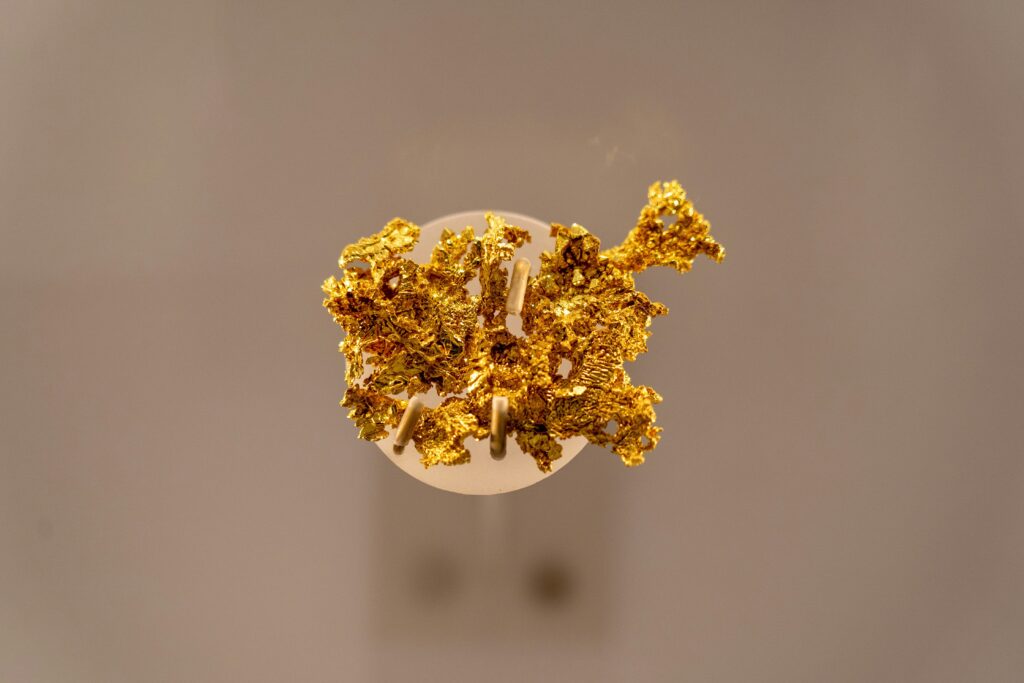Is your furry friend struggling to get up the stairs? What if a golden spice could be their secret weapon?
If you’re here, chances are you’ve heard whispers about turmeric for hip dysplasia—a natural solution that promises relief without the side effects of harsh medications. But does it live up to the hype? In this guide, we’ll uncover everything you need to know about turmeric’s role in managing hip dysplasia in pets, including its benefits, dosing tips, and real-life success stories.
Table of Contents
- Key Takeaways
- The Painful Reality of Hip Dysplasia in Pets
- What Is Turmeric and How Does It Work?
- Step-by-Step Guide to Using Turmeric Supplements
- Best Practices for Adding Turmeric to Your Pet’s Diet
- Real-Life Success Stories: Pets Who Thrived on Turmeric
- FAQs About Turmeric for Hip Dysplasia
- Conclusion
Key Takeaways
- Turmeric contains curcumin, a powerful anti-inflammatory compound that can help reduce joint pain caused by hip dysplasia.
- Pet supplements with turmeric should always be paired with black pepper (piperine) to boost absorption.
- Veterinary approval is essential before starting any new supplement regimen.
- Consistency is key; results may take weeks or months to fully manifest.
The Painful Reality of Hip Dysplasia in Pets
Imagine trying to play fetch but feeling like every step sends lightning bolts through your joints. That’s what hip dysplasia feels like for our four-legged companions. This genetic condition affects the ball-and-socket joint of the hips, leading to discomfort, stiffness, and even lameness over time.
Here’s where I messed up big time. When my pup Max started limping after long walks, I dismissed it as “just getting older.” Rookie move. A vet later diagnosed him with early-stage hip dysplasia. Lesson learned: ignoring symptoms only makes things worse. If untreated, hip dysplasia can worsen, impacting your pet’s quality of life—and trust me, no one wants to see their best friend suffer.

What Is Turmeric and How Does It Work?
Turmeric isn’t just a trendy kitchen staple—it’s been used in Ayurvedic medicine for centuries. Its magic lies in **curcumin**, a bioactive compound known for its incredible anti-inflammatory properties. For pets with hip dysplasia, curcumin works like chef’s kiss for reducing swelling and easing joint pain.
How does it work? Curcumin blocks enzymes and cytokines responsible for inflammation. Think of it as muting the noise from an alarm system gone haywire. However, there’s a catch: turmeric alone has poor bioavailability. Translation? Without adding black pepper (which contains piperine), most of the goodness goes right out the other end. Sounds wasteful, right?

Step-by-Step Guide to Using Turmeric Supplements
Ready to give turmeric a shot? Follow these action-packed steps:
- Consult Your Vet: First thing’s first—always check with a professional. They’ll ensure turmeric won’t interfere with existing meds or conditions.
- Choose Quality Supplements: Look for products specifically formulated for pets, ideally ones combining turmeric with black pepper extract.
- Start Small: Introduce turmeric gradually into your pet’s diet. Begin with half the recommended dose to avoid digestive upset.
- Mix with Food: Sprinkle powdered turmeric or mix liquid drops into meals. Bonus tip: pair it with healthy fats (like coconut oil) for better absorption.
- Track Progress: Keep notes on changes in mobility, energy levels, and mood over several weeks.
Remember: consistency is king. Don’t expect overnight miracles; patience pays off when it comes to natural remedies.
Best Practices for Adding Turmeric to Your Pet’s Diet
- Stick to Safe Dosage Guidelines: Aim for roughly 15–20 mg per pound of body weight daily.
- Avoid Overdoing It: Too much turmeric can cause stomach upset or interact with blood-thinning medications.
- Purchase High-Quality Products: Avoid cheap knockoffs loaded with fillers or artificial additives.
- Combine with Other Joint Health Strategies: Pair turmeric with omega-3 fatty acids, glucosamine, and regular exercise for maximum benefit.
Real-Life Success Stories: Pets Who Thrived on Turmeric
Taking a page from real pet parents’ experiences provides comfort and context. Here’s a heartwarming tale:
Sarah adopted Luna, a senior Labrador, who struggled with arthritis due to hereditary hip dysplasia. After incorporating turmeric capsules into Luna’s routine alongside physical therapy, Sarah noticed dramatic improvements within three months. “She bounces out of bed now instead of groaning!” she exclaims. These aren’t isolated incidents either—numerous testimonials echo similar successes.
FAQs About Turmeric for Hip Dysplasia
Can turmeric cure hip dysplasia?
No, turmeric cannot reverse structural damage associated with hip dysplasia. However, it can significantly alleviate inflammation and discomfort, improving your pet’s overall well-being.
Is turmeric safe for all pets?
While generally safe, certain animals (like those with gallbladder issues or pregnant/nursing pets) shouldn’t consume turmeric. Always consult your vet.
Are there alternatives to turmeric supplements?
Absolutely! Fish oil rich in omega-3s and green-lipped mussel powder are excellent additions to support joint health.
Conclusion
Turmeric might not wear a cape, but it sure fights like a superhero against joint pain caused by hip dysplasia. By understanding its potential and following best practices, you can offer your pet a fighting chance at a happier, healthier life. Remember, though: every pet responds differently, so collaboration with your vet remains critical.
In true quirky fashion, let’s wrap this up with some nostalgia: “Turmeric today, wagging tails tomorrow.” 🐾✨


